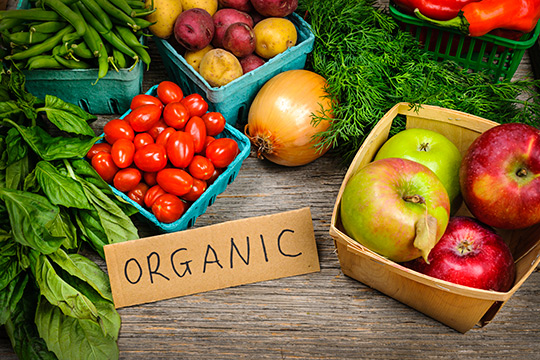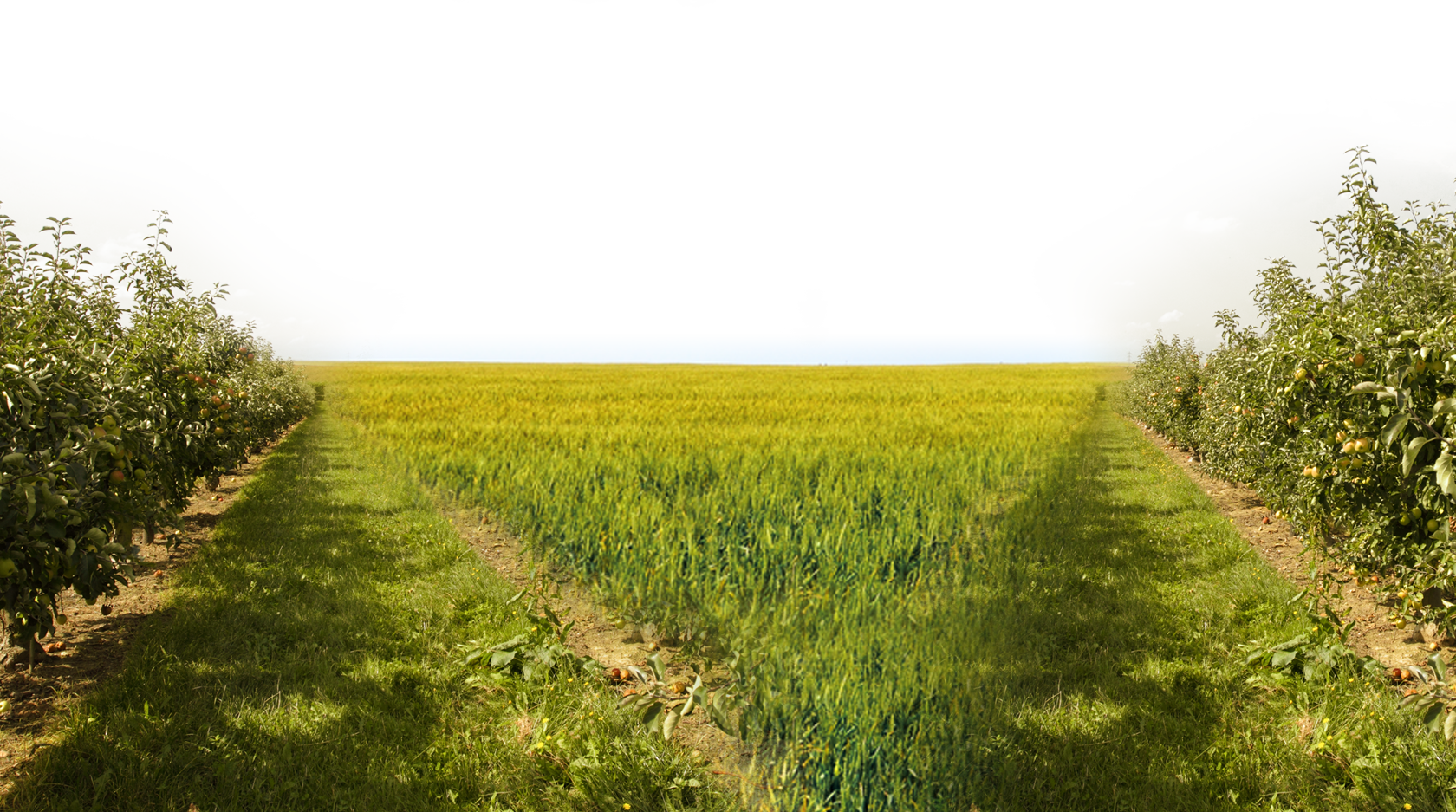
Study Finds Organic Agriculture Key to Sustainably Feeding World
By Chelsea Vurciaga | 0 Comments | Posted 02/06/2016
Researchers from Washington State University have concluded that going organic is the key to sustainably feeding a growing global population. This conclusion comes from a review of hundreds of published studies showing that organic farming can produce sufficient yields, be profitable for farmers, protect and improve the environment and be safer for farm workers.
The review study is called “Organic Agriculture in the 21st Century,” and is the February cover story for the journal Nature Plants. It is the first study to analyze 40 years of science comparing organic and conventional agriculture across the four goals of sustainability. The areas are: productivity, economics, environment, and community well being.
“Hundreds of scientific studies now show that organic ag should play a role in feeding the world” said Reganold, lead author of the study. “Thirty years ago, there were just a couple handfuls of studies comparing organic agriculture with conventional. In the last 15 years, these kinds of studies have skyrocketed.”
Among the many benefits of organic farming include better soil quality, less water pollution, lower greenhouse gas emissions and greater biodiversity of plants, animals, insects and microbes. Greater biodiversity increases the services that nature provides like pollination and improves the ability of farming systems to adapt to changing conditions.
Head here to check out the full news bulletin.


 Contact us
Contact us



























